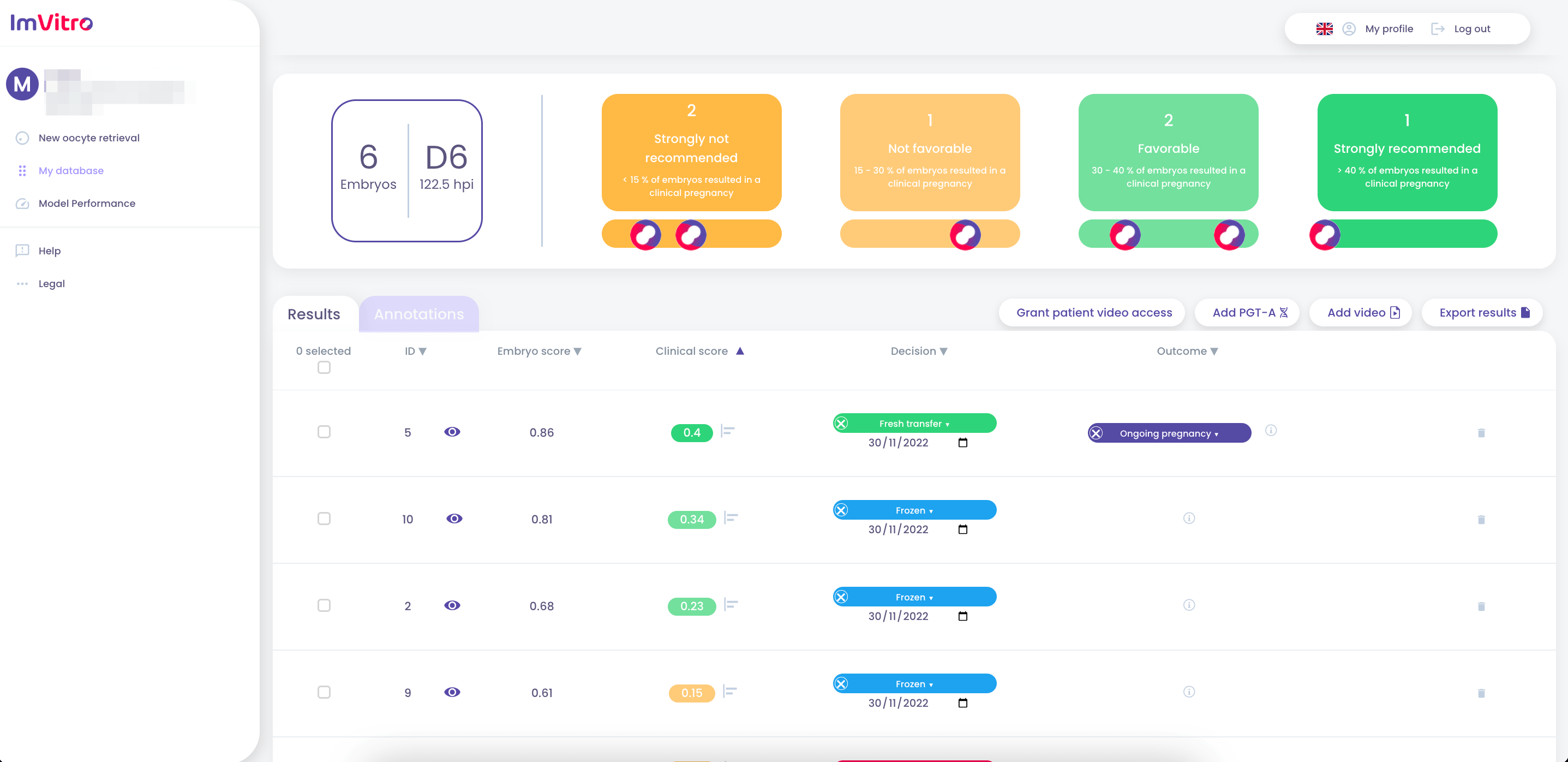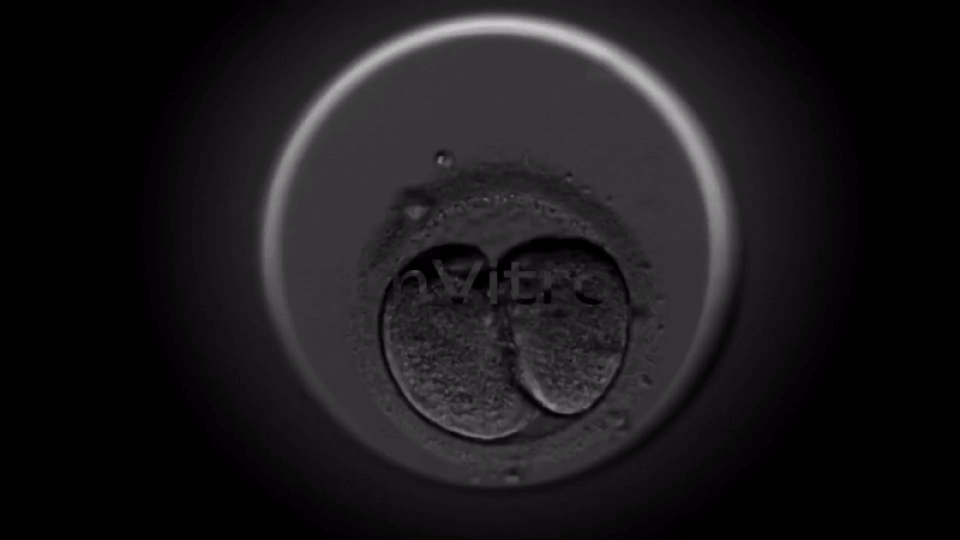Parisian SaaS platform ImVitro has raised $2.5 million in a seed round. The startup is applying computer vision and artificial intelligence technologies to the IVF fertility imaging process, introducing an automated mechanism of embryo evaluation that taps into a multi-centric, multi-time-lapse dataset that is equivalent to more than 50 years of embryology expertise. With the capital, ImVitro plans to make strategic hires in both its technical and sales teams as it gears up for a prolonged expansion into the U.S. market.
The $2.5 million seed round was led by the only VC firm specifically targeting deeptech startups employing visual technologies, New York-based LDV Capital. Additional participants in the round include MMC Ventures, Tiny VC, Fly Ventures, and Compound VC.
With more than an estimated 48 million couples and 186 million individuals living with infertility globally, the usage of assisted reproductive technology (ART) or in-vitro fertilization (IVF) has grown in accordance with these numbers.
However, in the last ten years, no great leaps forward have occurred, with IVF success rates still hovering around 20%. More often than not, the first embryo transferred does not lead to a successful pregnancy, with couples having to attempt the process multiple times; a process that can be not only emotionally but financially draining.
Despite the limited success rates, the appeal of IVF industry continues to grow, particularly at a time when an increasing number of employers are offering fertility benefits, France has decreed that women alone and homosexual couples can now use IVF to become parents, and the Biden administration is considering a requirement that some health plans cover fertility treatment for policyholders regardless of their sexual orientation or gender identity.
All in all, the IVF industry is projected to reach a staggering figure of $41 billion by 2026, resulting in clinics scrambling in search of mechanisms that will assist them in becoming more productive and efficient in their decision-making process.
With its Embryoly platform, this is exactly the need ImVitro is looking to fulfill. Speaking to Tech.eu in an exclusive interview, ImVitro founder Dr. Alexandra Boussommier explained that the company’s SaaS platform combines the power of cell culture and AI to bring automation to the IVF fertility imaging process, thereby saving clinicians’ valuable time, eliminating a number of human errors and delivering reliable predictions to embryologists at scale. And not least to mention, providing patients with an increased and improved layer of transparency to the entire process.

Uploading videos from already-existing microscope technology within clinics’ labs, Embryoly analyses these videos against a database of more than 35 million data points, addressing more than 30 clinical factors, resulting in a hybrid score that includes the patient's BMI, uterus receptivity, and spermatozoa mobility.
This not only dramatically reduces the time clinicians spend on searching for key biological events in embryonic development, but also provides predictions based on the synergies between the patient’s medical profile and the development of the embryo as early as day 3 without the need for embryologists to annotate as they do today.
“By taking into account data about the patients and their treatment, Embryoly predicts more accurately the chances an embryo has to lead to a pregnancy and provides more transparent and personalised recommendations,” says Boussommier.
Founded in 2019, Embryoly has already benchmarked its performances against 13 embryologists in a retrospective clinical trial and is in use by more than 10 clinics in France and Spain. As noted above, ImVitro is dedicating a portion of the $2.5 million seed funding round to expansion into the U.S. market where 10% to 15% of couples are infertile.



Would you like to write the first comment?
Login to post comments